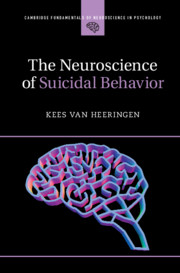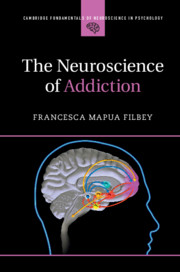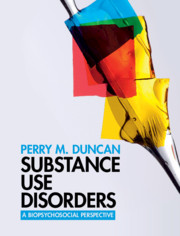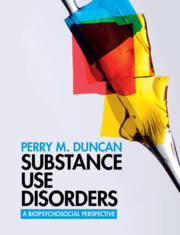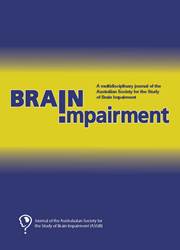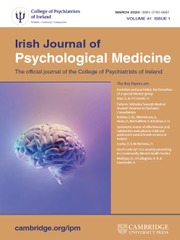The Neuroscience of Suicidal Behavior
Nearly one million people take their own lives each year world-wide - however, contrary to popular belief, suicide can be prevented. While suicide is commonly thought to be an understandable reaction to severe stress, it is actually an abnormal reaction to regular situations. Something more than unbearable stress is needed to explain suicide, and neuroscience shows what this is, how it is caused and how it can be treated. Professor Kees van Heeringen describes findings from neuroscientific research on suicide, using various approaches from population genetics to brain imaging. Compelling evidence is reviewed that shows how and why genetic characteristics or early traumatic experiences may lead to a specific predisposition that makes people vulnerable to triggering life events. Neuroscientific studies are yielding results that provide insight into how the risk of suicide may develop; ultimately demonstrating how suicide can be prevented.
- Provides effective strategies for preventing suicide
- Explains divergent neuroscientific approaches to study complex behaviors
- Uses evidence to refute far-reaching myths that hinder suicide prevention
Reviews & endorsements
'… van Heeringen has made the neuroscience of suicide accessible, understandable, non-intimidating, reader-friendly, and actually rather interesting …' Alan L. Berman, The Journal of Crisis Intervention and Suicide Prevention
Product details
August 2018Hardback
9781107148949
286 pages
236 × 157 × 17 mm
0.59kg
29 b/w illus. 4 tables
Available
Table of Contents
- 1. What is suicidal behavior, and can it be prevented?
- 2. Stress, vulnerability, and suicide: the stress-diathesis model
- 3. The dark side of the brain: neuroscience approaches to suicidal behavior
- 4. Lethal signals: the molecular neuroscience of suicidal behavior
- 5. I think, therefore I do not want to be: the cognitive neuroscience of suicidal behavior
- 6. Images of the suicidal brain: systems neuroscience and suicide
- 7. In my end is my beginning: a developmental neuroscience perspective of suicidal behavior
- 8. I predict, therefore I cannot be: a predictive coding account of suicidal behavior
- 9. Predicting the unpredictable: the contribution of neuroscience to suicide prediction
- 10. The treatment of suicide risk: neuroscience aspects.

